From 4chan to Europe: Tracking the Rise of QAnon Influencers Across Transnational Digital Spaces
October 2, 2024
October 2, 2024
Elliott School of International Affairs
1957 E St NW, Voesar conference room 412Q, Washington, DC 20052
View on map
1957 E St NW, Voesar conference room 412Q, Washington, DC 20052
View on map

Dusan Bozalka
Speaker
Dusan Bozalka is a PhD candidate in Information Sciences at the Centre d'Analyse et de Recherche Interdisciplinaire sur l'Étude des Médias (CARISM) at Université Paris-Panthéon-Assas. He is affiliated with the Institute of Strategic Research at the École Militaire (IRSEM) as a PhD Resident, with his research supported by a doctoral grant from the French Ministry of Defense. During his research, he was a Visiting PhD researcher at the Centre Marc Bloch in Berlin, where he studied the formation of digital communities on alternative platforms. In 2024, he was nominated to receive a Schuman Fulbright Scholarship, which rewards innovative projects and enables him to pursue his research at the Institute for European, Russian, and Eurasian Studies (IERES) at George Washington University.

Moderator: Marlene Laruelle
Moderator
Marlene Laruelle is a Research Professor of International Affairs and Political Science at the George Washington University, and Director of the Illiberalism Studies Program.
Despite significant media attention, academic exploration of QAnon’s international growth and its associated influencers remains limited. This presentation aims to fill that gap by examining how QAnon conspiracy narratives have spread across European digital spaces, focusing on their adaptation in Italian, German, and French-speaking conspiracy communities. By tracing the narratives' journey through different linguistic and cultural contexts, the presentation highlights the unique ways these communities have reshaped and circulated QAnon content.
Utilizing an interdisciplinary approach that combines narrative analysis with Social Network Analysis (SNA) and Natural Language Processing (NLP) via BERTopic, the presentation charts QAnon’s evolution from its roots on 4chan, spotlighting Q's emergence as a key conspiracy influencer. The presentation delves into how both everyday Anons and more prominent conspiracy influencers leveraged platforms such as Telegram, Odysee, and TruthSocial to spread QAnon narratives globally. Through extensive data collection, it reveals how these narratives have migrated and evolved across various European digital landscapes, fueling the rise of influencers within these regions.
Moreover, the presentation challenges the common perception that QAnon influencers uniformly endorse pro-Kremlin narratives. Instead, it uncovers the complex dynamics of how these narratives are received, adapted, and localized across European spaces, demonstrating how individual socialization practices help reshape conspiracy discourses. The findings offer a nuanced view of how these narratives, while oppositional to institutional authority, are tailored to fit distinct socio-cultural contexts in Europe, promoting a transnational "conspiracy know-how" that transcends language and borders.
Utilizing an interdisciplinary approach that combines narrative analysis with Social Network Analysis (SNA) and Natural Language Processing (NLP) via BERTopic, the presentation charts QAnon’s evolution from its roots on 4chan, spotlighting Q's emergence as a key conspiracy influencer. The presentation delves into how both everyday Anons and more prominent conspiracy influencers leveraged platforms such as Telegram, Odysee, and TruthSocial to spread QAnon narratives globally. Through extensive data collection, it reveals how these narratives have migrated and evolved across various European digital landscapes, fueling the rise of influencers within these regions.
Moreover, the presentation challenges the common perception that QAnon influencers uniformly endorse pro-Kremlin narratives. Instead, it uncovers the complex dynamics of how these narratives are received, adapted, and localized across European spaces, demonstrating how individual socialization practices help reshape conspiracy discourses. The findings offer a nuanced view of how these narratives, while oppositional to institutional authority, are tailored to fit distinct socio-cultural contexts in Europe, promoting a transnational "conspiracy know-how" that transcends language and borders.


